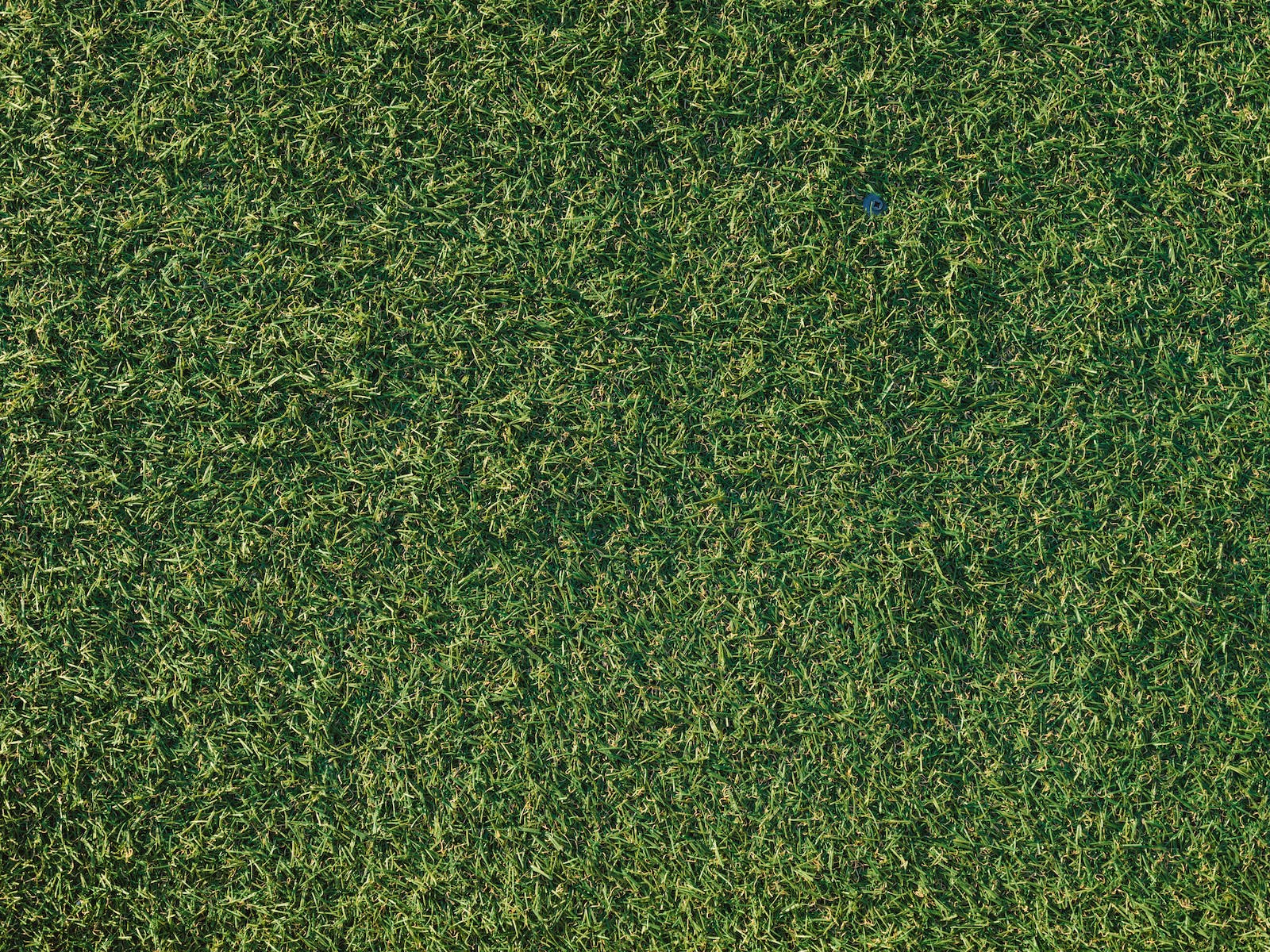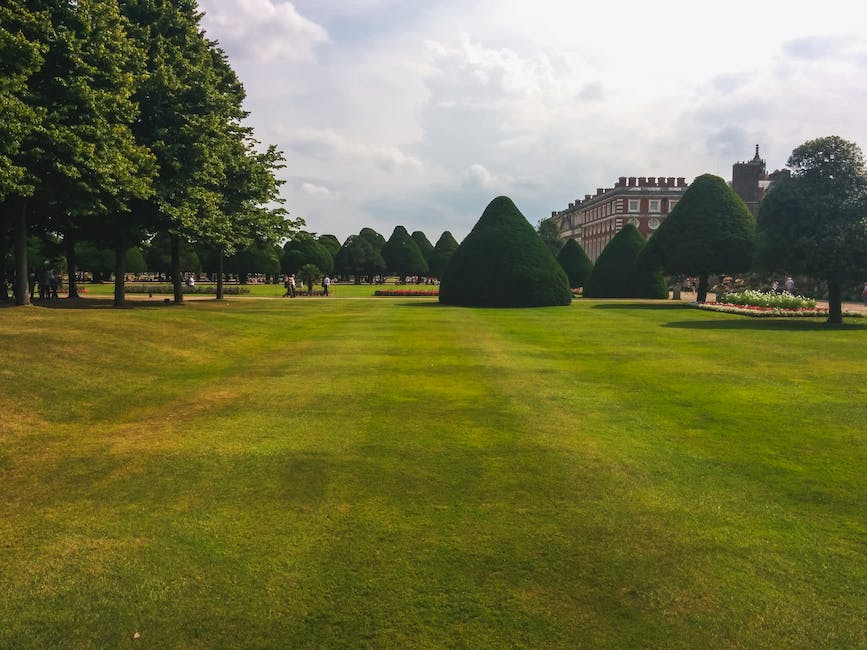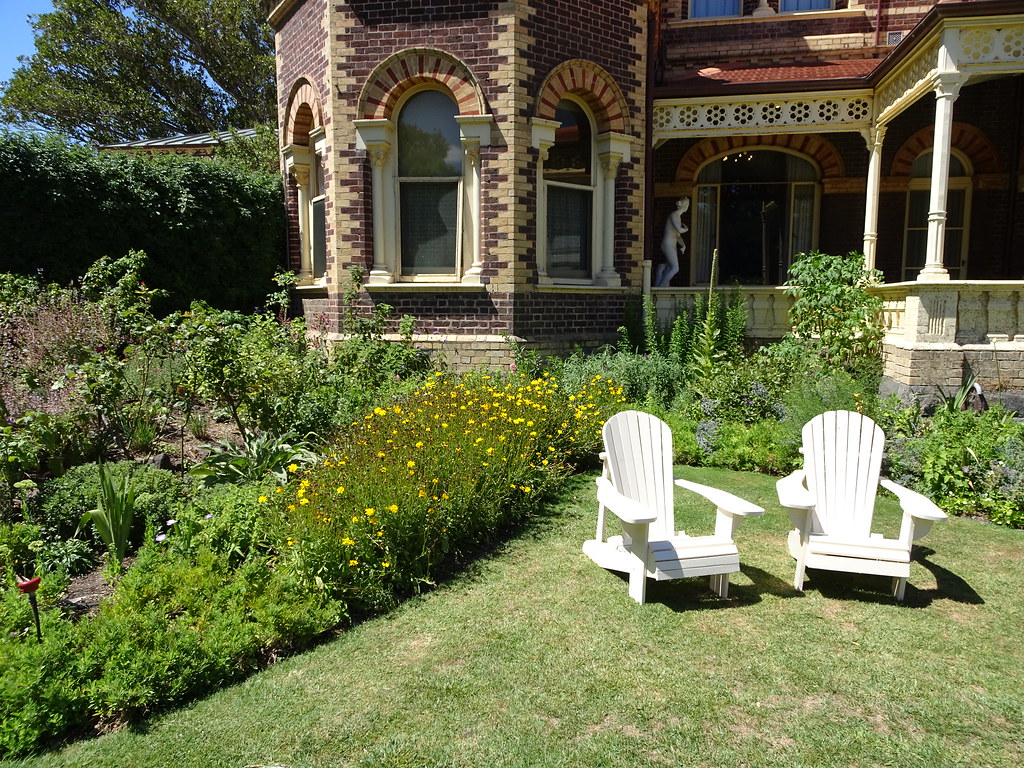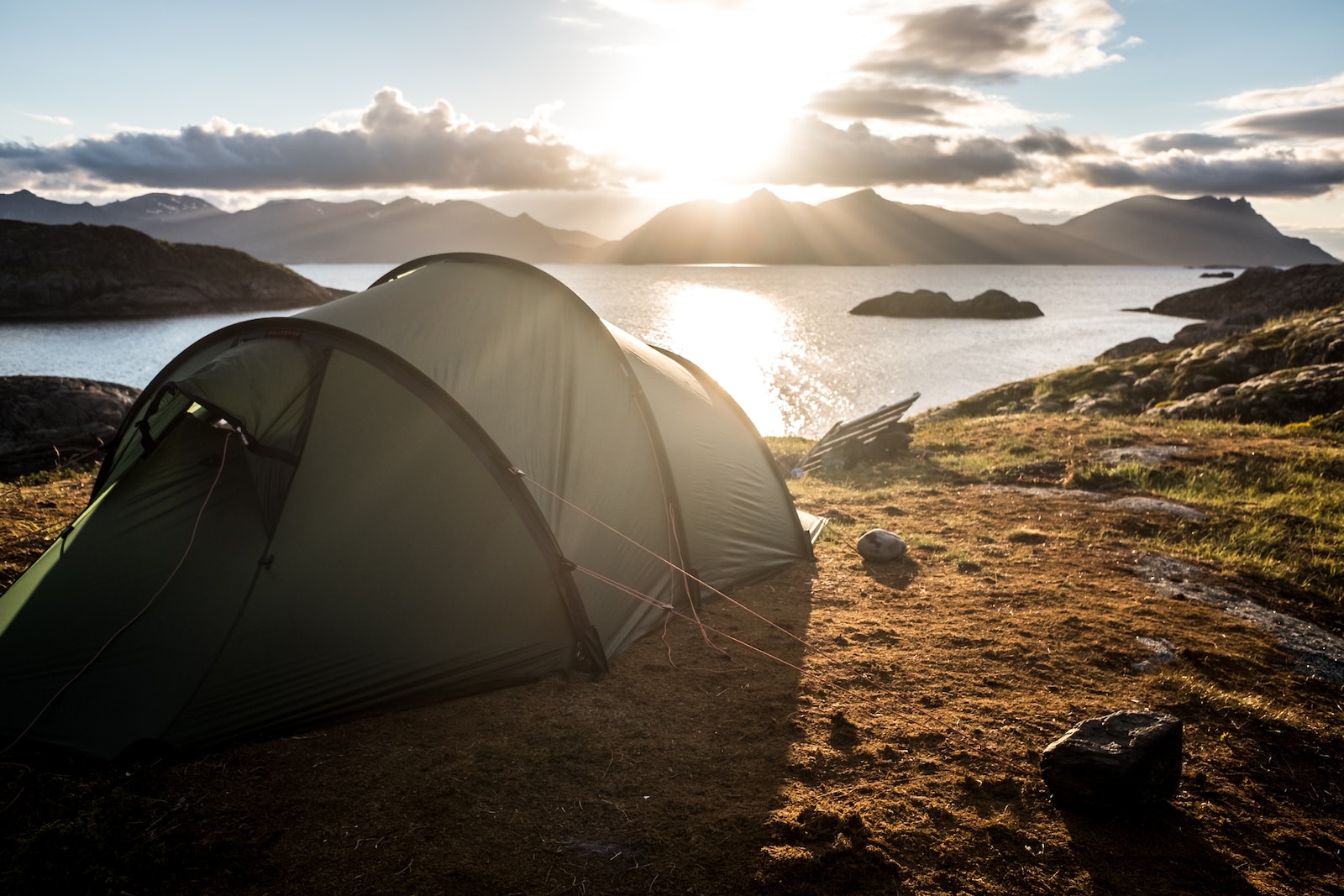Pros and Cons of Fake Grass: Is it Really Worth it?
Exploring the Benefits and Drawbacks of Artificial Turf
Fake grass, also known as artificial turf, has become a popular alternative to natural grass for lawns, playgrounds, and sports fields. It offers a lush, green appearance without the need for extensive maintenance. However, like any landscaping option, fake grass has its own set of advantages and disadvantages. In this article, we'll explore the pros and cons of fake grass to help you decide if it's the right choice for your outdoor space.
Before making a decision about whether to install fake grass, it's important to weigh the benefits and drawbacks. From low maintenance requirements to environmental impact, there are several factors to consider. Let's take a closer look at the advantages and disadvantages of artificial turf to make an informed decision.
Pros
Discover the unexpected advantages of choosing fake grass for your outdoor space. From reduced maintenance to long-term cost savings, artificial turf offers several benefits that might surprise you.
Low Maintenance
One of the most significant benefits of fake grass is the minimal maintenance required to keep it looking lush and green. Unlike natural grass, artificial turf doesn't need mowing, watering, or fertilizing. This makes it an excellent option for homeowners and businesses who want a beautiful lawn without the hassle of ongoing upkeep.
Durability
Artificial turf is highly durable and can withstand heavy foot traffic, making it an ideal choice for playgrounds, sports fields, and high-traffic areas. It maintains its lush appearance year-round, even in areas with extreme weather conditions, providing a reliable outdoor surface for various activities.
Water Conservation
By choosing fake grass over natural grass, homeowners and businesses can significantly reduce their water consumption. Artificial turf doesn't require regular watering to maintain its appearance, making it an eco-friendly choice for those looking to conserve water and lower their environmental impact.
All-Weather Utility
Unlike natural grass, which can become muddy and unusable after rain or snow, fake grass maintains its functionality in all weather conditions. This makes it an excellent choice for outdoor areas that need to remain accessible regardless of the season or climate.
Cost Savings Over Time
While the initial installation cost of fake grass can be higher than natural grass, it offers long-term cost savings. With minimal maintenance requirements and no need for watering, fertilizing, or mowing, artificial turf can lead to reduced overall expenses for homeowners and businesses over time.
Improved Aesthetics
Fake grass provides an opportunity to maintain an attractive, well-kept lawn throughout the year. Unlike natural grass, which can become patchy and discolored during certain seasons, artificial turf remains consistently green and pristine, enhancing the overall aesthetics of the outdoor space.
Versatility in Placement
Artificial grass can be installed in various locations that may be unsuitable for natural grass, such as rooftops, balconies, or indoor spaces. This versatility expands the potential uses of the area and creates opportunities for innovative landscaping designs.
Missing a pro?
Let us know which pro you are missing!
Cons
Before committing to fake grass for your outdoor space, it's essential to understand the potential drawbacks and consider how they might impact your experience. From heat retention to environmental concerns, there are several factors to keep in mind when weighing the decision to install artificial turf.
Heat Retention
One of the primary concerns with fake grass is its tendency to retain heat, especially in direct sunlight. On hot days, artificial turf can become significantly warmer than natural grass, making it less comfortable for activities and potentially contributing to higher outdoor temperatures.
Environmental Impact
While fake grass offers water-saving benefits, it raises environmental concerns related to its manufacturing process and end-of-life disposal. The materials used in artificial turf, such as plastics and rubber, have environmental implications, and disposal at the end of its lifespan can present challenges.
Artificial Appearance
Despite advancements in artificial turf technology, some homeowners and landscape enthusiasts find that fake grass doesn't fully replicate the natural look and feel of real grass. The uniform, synthetic appearance of artificial turf may not appeal to those who prefer the unique aesthetic of natural vegetation.
Initial Cost
The upfront cost of installing fake grass can be a significant investment, deterring some homeowners and businesses from choosing this option. While it offers long-term savings, the initial expense may require careful consideration and budget planning.
Surface Temperature
In addition to heat retention, artificial turf can have elevated surface temperatures, which may be uncomfortable for pets and children who spend time playing or resting on the grass. The potential for increased surface heat is an important factor to consider for outdoor areas used by people and animals.
Limited Environmental Benefits
Unlike natural grass, fake grass does not contribute to oxygen production, carbon dioxide absorption, or soil health. Additionally, it does not support biodiversity or provide habitat for insects and small animals, leading to a reduction in overall environmental benefits.
Potential for Odor Build-Up
In certain circumstances, fake grass can develop unpleasant odors due to the accumulation of organic matter and pet waste. Proper maintenance and regular cleaning are essential to prevent the build-up of odor-causing substances.
Missing a con?
Let us know which con you are missing!
Conclusion
Ultimately, the decision to install fake grass comes down to weighing the benefits and drawbacks based on your specific needs and preferences. Whether it's the low maintenance requirements, long-term cost savings, or environmental considerations, understanding the pros and cons of artificial turf can help you make an informed choice for your outdoor space.
What do you think?
Do you think the pros outweigh the cons?







